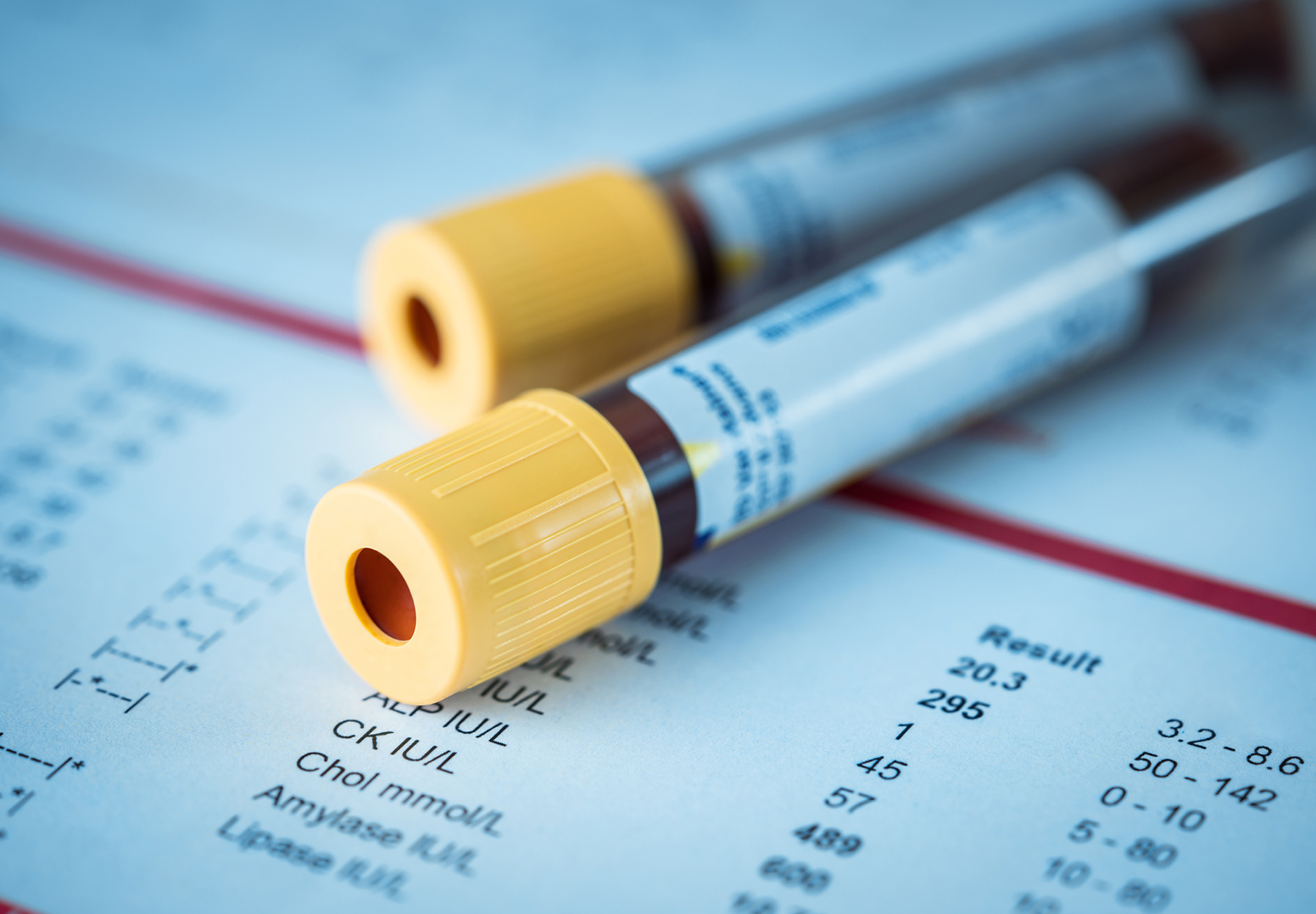After several delays, the trial of former Theranos CEO Ramesh “Sunny” Balwani on charges of fraud and wire fraud resumes today. The prosecution evidence includes records showing that Theranos voided lab test results to cure CLIA deficiencies cited in January 2016. CMS investigators concluded that “the deficient practices of the laboratory pose immediate jeopardy to patient health and safety” and ordered Theranos to “take immediate action” to protect patients they potentially affected. In response, Theranos brought in a new, independent lab director who concluded that the lab would have to void all test results potentially affected by the CLIA deficiencies. And that’s what Theranos did.
Balwani’s attorneys filed a pre-trial motion to exclude the related records under Federal Rules of Evidence exclusions of “subsequent remedial measures” taken to correct violations. The rule makes sense because if post-violation corrections could be used as incriminating evidence, nobody would engage in them.
But the California federal court ruled that the exclusion didn’t apply to the voided test results because those corrective actions weren’t taken voluntarily. Although it didn’t specify the exact measures, CMS did order Theranos to take immediate actions to fix the cited CLIA deficiencies. Voiding the test results were one of the measures Theranos decided it had to take to comply with the CMS directive and thus wasn’t a voluntary action.
[United States v. Balwani, 2022 U.S. Dist. LEXIS 35139, 2022 WL 597040].
